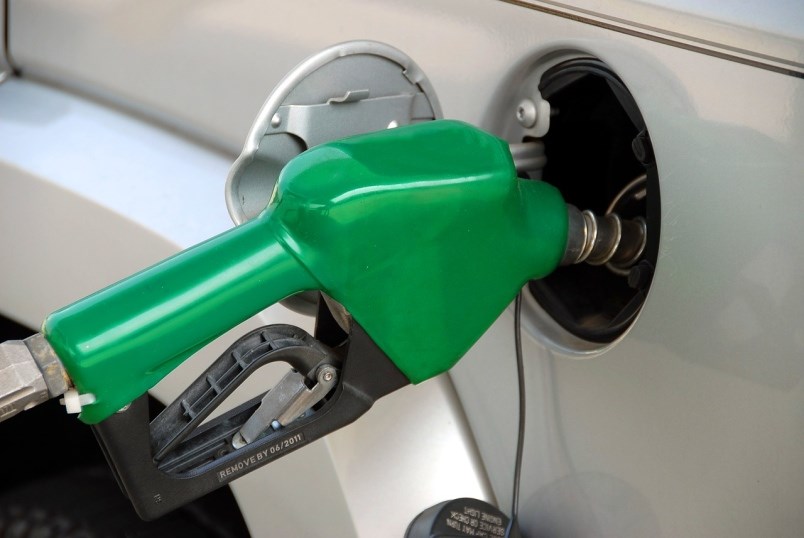The recent surge in oil prices has caused pain at the pumps for many working people, further stoked inflation in the economy and led to a rash of bad ideas to double down on fossil fuels. The flipside of this economic pain has been massive profits for the oil and gas industry.
Even before Russia’s invasion of Ukraine, industry profits rebounded strongly in 2021 after the COVID-induced slowdown of 2020. For example, Canadian Natural Resources booked a record $7.7 billion profit while Suncor merely flirted with all-time highs of $4 billion. Picture oil execs gleefully throwing money around the boardroom and you’re not far off the mark.
This clearly shows it’s time to bring in a windfall profits tax on the oil and gas sector. Ideally the tax would be national and revenues redistributed back to households, as transfers to those with low to medium incomes or be used to support reductions in transit fares and investments that move us off fossil fuels.
In many ways, the oil and gas industry is at the heart of the current conflict in Ukraine. Russia accounts for about 12 per cent of world oil and 17 per cent of gas production. Russia’s war on Ukraine is essentially being funded by oil and gas revenues. A boycott of Russian oil and gas represents a major shock in the short term though much depends on the supply response from OPEC countries that expand and contract production based on their own strategic interests.
Beyond the geopolitics of oil, the unfolding climate crisis is telling us we need to rapidly cut out fossil fuels from our energy diet. This is a bad time to double down on fossil fuels by increasing public funding for the massively over-budget Trans Mountain Pipeline Expansion, reviving Keystone XL pipeline or expanding infrastructure for liquefied natural gas exports.
Another bad political response to pain at the pumps is to cut fuel taxes. In Alberta, for example, Premier Kenney cut the 13 cent-a-litre fuel tax.
Alberta can make this political trade-off because high oil prices translate into higher royalties paid to the government by the industry. In most other provinces cutting fuel taxes cannibalizes the revenues that pay for the very roads and bridges drivers use.
It’s not fair that ordinary Canadians are told to sacrifice when shareholders and executives garner massive unearned income. Those windfall industry profits are an example of what economists call an economic rent, which means unearned income by virtue of ownership as opposed to income that flows from new productive investments in capital equipment or hiring people.
Economists consider it both efficient and fair to tax economic rents at a high rate. In the current context, those super-high prices were not necessary to bring today’s oil production online.
A windfall profits tax could do much more for people hit by high gas prices at the pump than cutting fuel taxes. Revenues could flow directly to low- and middle-income households that bear the brunt of recent price hikes unlike fuel tax cuts that provide rebates to the wealthy.
Congressional Democrats in the United States, for example, have proposed a 50 per cent tax per barrel on the differential between current oil prices and the 2015 to 2019 average price of $66 per barrel. An appropriate baseline for Canadian producers would need to be determined for a Canadian tax.
While oil prices seem to have peaked and even come down somewhat, the industry will likely drag its heels on lowering pump prices. This is another reason to bring in a windfall profits tax.
Remember that Canadian oil and gas reserves are a public resource and extraction is publicly subsidized in many ways. Yet, unlike most countries with oil reserves that have created public corporations, Canada has handed extraction and processing to private companies that then gouge consumers at every opportunity.
In the past, governments have stepped in to prevent profiteering during wartime. Today is no different. A windfall profits tax makes sense to ease pain at the pumps while keeping us on a pathway to get off fossil fuels as quickly as possible.
Marc Lee is a senior economist with the B.C. office of the Canadian Centre for Policy Alternatives.



